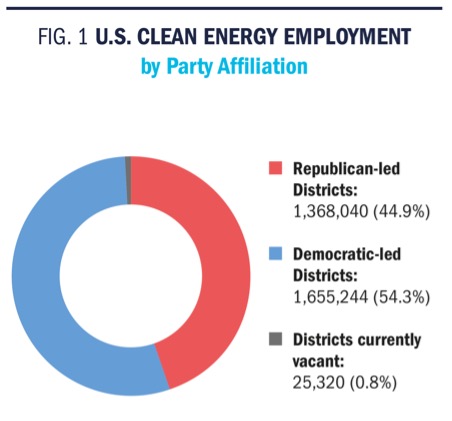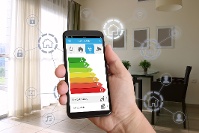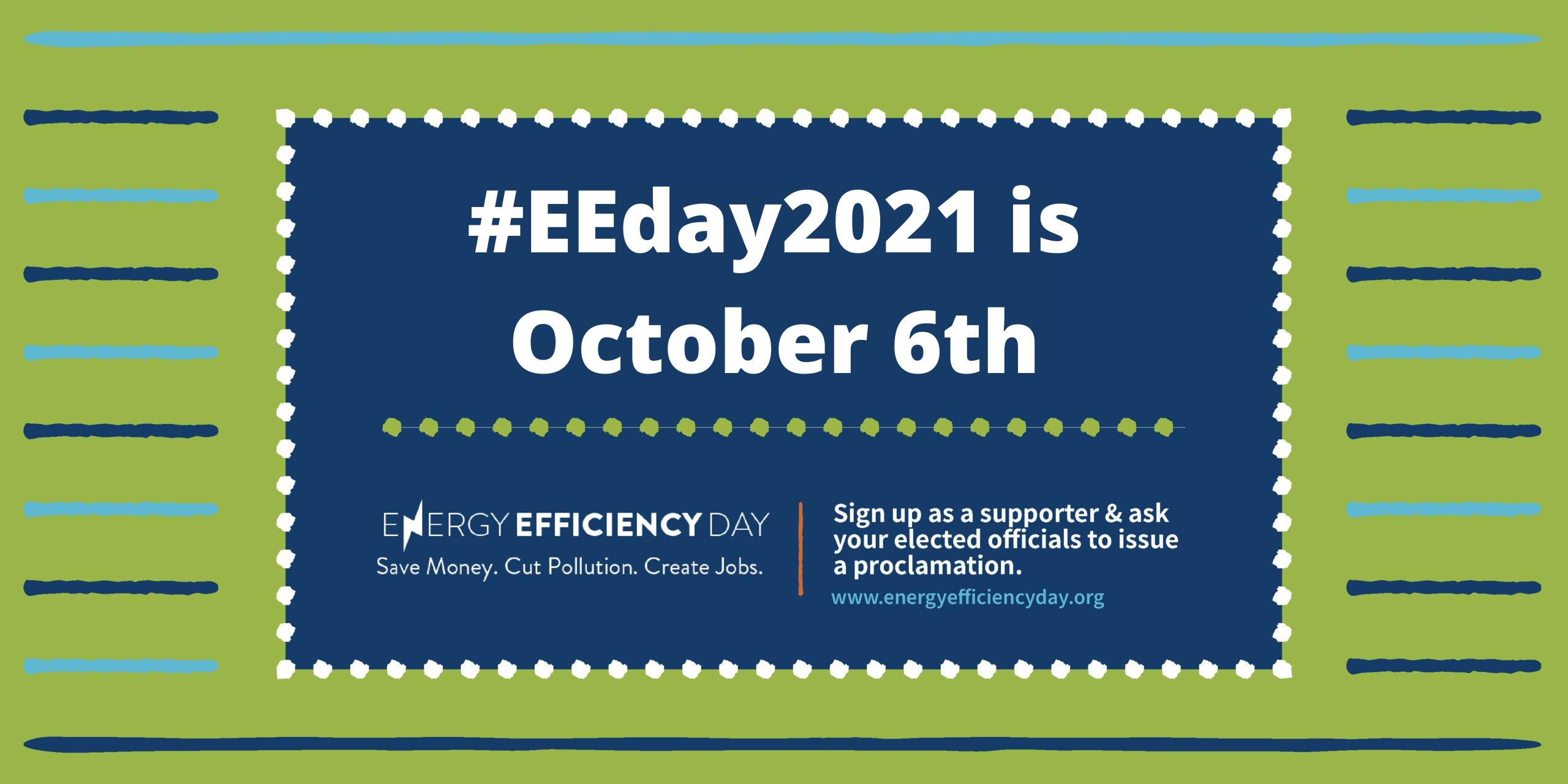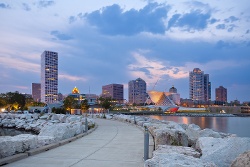E2 has published new, interesting data on clean energy jobs by congressional districts. Clean energy employment[1] (jobs in renewable energy and energy efficiency) accounts for 3 million U.S. jobs, and the sector will likely grow following the passage of the massive infrastructure bill. E2’s searchable database allows users a closer look at where those jobs are.
Details »Insulation Institute Blog
Posts Categorized: Energy Efficiency
Award-Winning Construction with Fiberglass
Each year since 2013, the U.S. Department of Energy (DOE) Housing Innovation Awards recognize forward-thinking builders who construct homes that are Zero Energy Ready (with net zero achievable with the addition of solar panels). Among the winners of the 2021 Housing Innovation Awards is Milwaukee-area builder Tim O’Brien Homes, which took a top prize for a 3,000 square foot high-performance custom home insulated with blown-in fiberglass insulation.
Details »The Most and Least Efficient States
While some states have aggressive stretch energy code requirements, other states lag in their efforts. A new report from WalletHub, a personal finance company, analyzes data from various government agencies in 48 states and ranks each in their building, auto, and transportation efficiency. The report finds that Utah is the most energy-efficient state while South Carolina is the least. So how does your state rank?
Details »October 6 is EEDay 2021 – Help Spread the Word
Next Wednesday, October 6, marks the sixth celebration of Energy Efficiency (EE) Day 2021 (EEDay2021). EE Day is a collaborative effort including dozens of energy efficiency advocacy groups in the U.S., including the American Council for an Energy-Efficient Economy (ACEEE), Alliance to Save Energy, National Resources Defense Council, and regional energy efficiency organizations. The goal is to encourage consumers and organizations to save money, cut pollution, and create jobs by focusing on energy efficiency.
Details »Great Insulation and Air Sealing at Lower Costs
In home construction, getting great air sealing and insulation are the Holy Grail in delivering a high-performance home with an effective thermal envelope. The prevailing belief among many in the building industry is that only spray foam insulation can deliver the thermal performance and airtightness that is required but that simply isn’t true. Moreover, installed costs are a top consideration for most builders, thus finding products that can help builders meet thermal performance and airtightness targets for less is important. Insulation Institute looks this week at new case studies for residential construction that show even the most aggressive airtightness targets can be met cost-effectively without using spray foam.
Details »Impressive Benefits of EE Investments
The Building Efficiency Accelerator
Addressing CO2 emissions in the built environment is critical in combatting climate change. Yet despite the urgency of the effort and the potential benefits to building occupants, roughly 80 percent of the energy savings potential in buildings globally remains untapped, according to the World Resources Institute (WRI).[1] In response, WRI has launched the Building Efficiency Accelerator, a public-private collaboration that turns global expertise into action to accelerate local government implementation of building efficiency policies and programs. Their target: a zero-carbon building sector by 2050.
Details »Where’s My Green Job?
An increasing focus on mitigating climate change and constructing sustainable, resilient buildings has created a green buildings industry exploding with job opportunities. However, many job seekers simply don’t know those occupations exist.
Details »Buyers Flock to EE Features Amid Covid
A new report from HomeLight shows that consumers’ energy use and energy efficiency preferences have increased since the start of the COVID-19 pandemic. Based on a survey of 1,000 top real estate agents, the report sheds light on home buying and selling trends – with interesting insights about energy efficiency awareness and preferences.
Details »The Crux of Better Building
Builder Ryan McCoon, LEED APH of Endura Performance Homes, has more than 30 years’ experience in the residential construction industry and has built 60 homes ranging in price from $500 – $1.5M in Traverse City, MI area. As a high-end custom builder, Ryan has the weight of his client’s expectations at the forefront of his mind as he completes their homes. He takes care to ensure that the projects are attractive, healthy, and have lower operating costs and increased durability for many years to come.
Details »